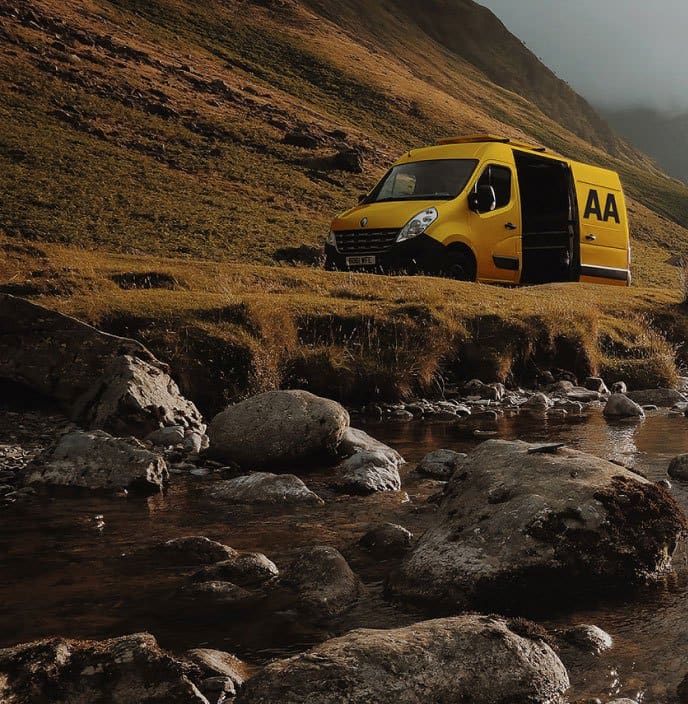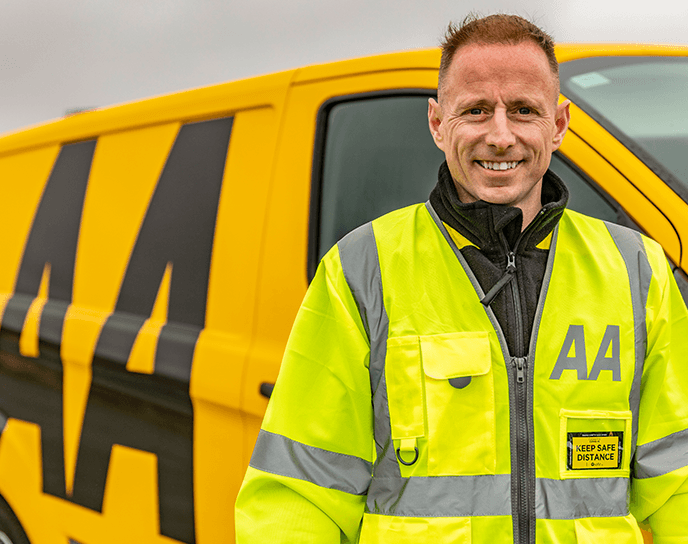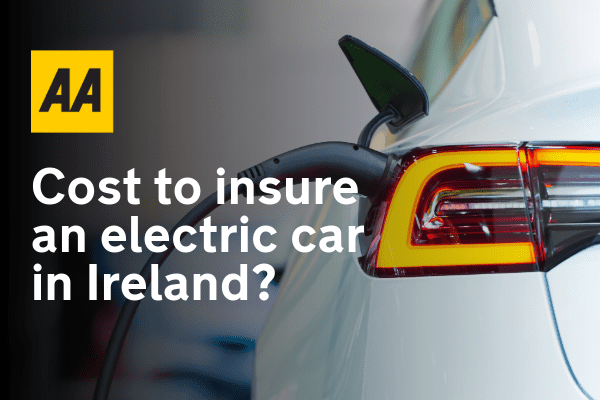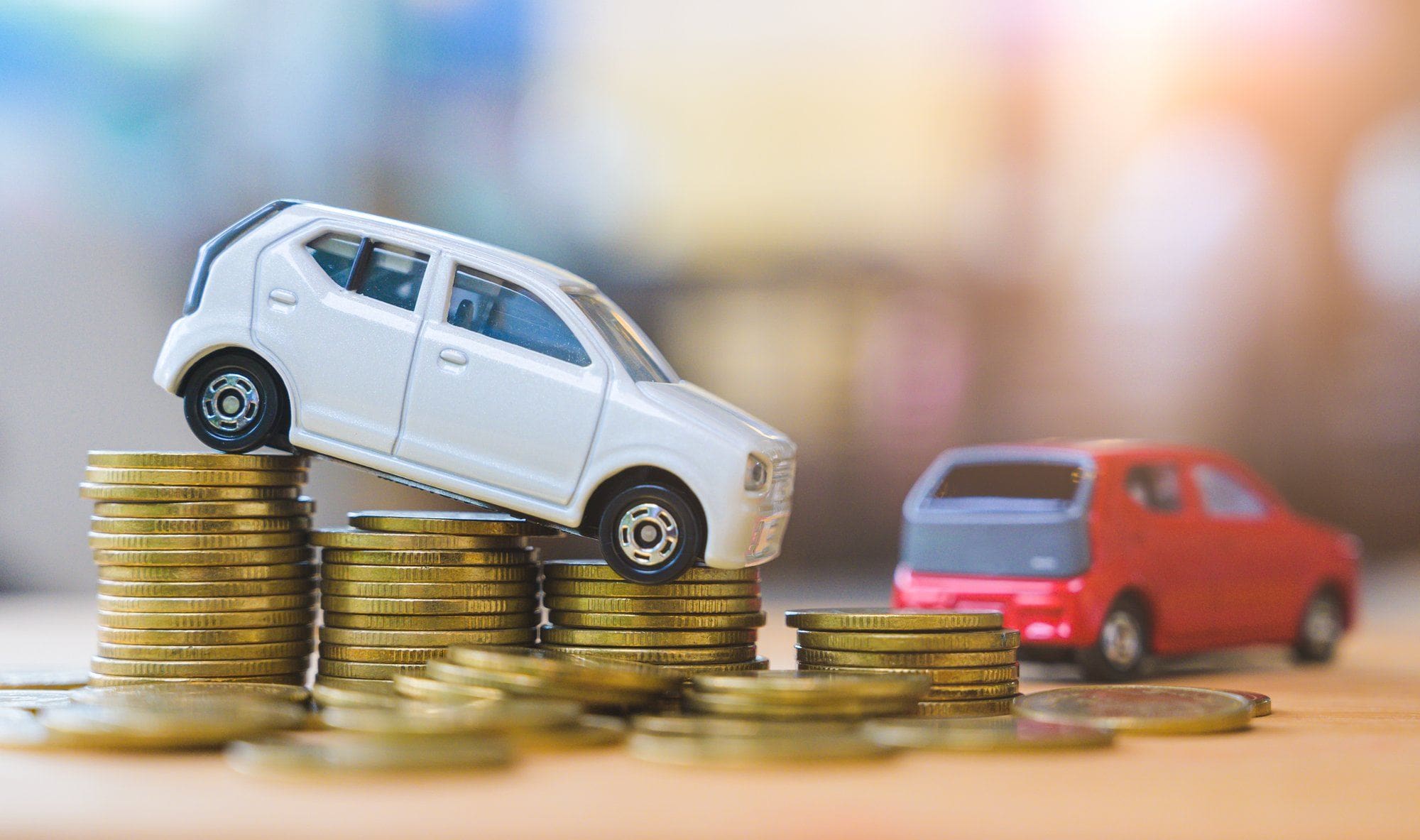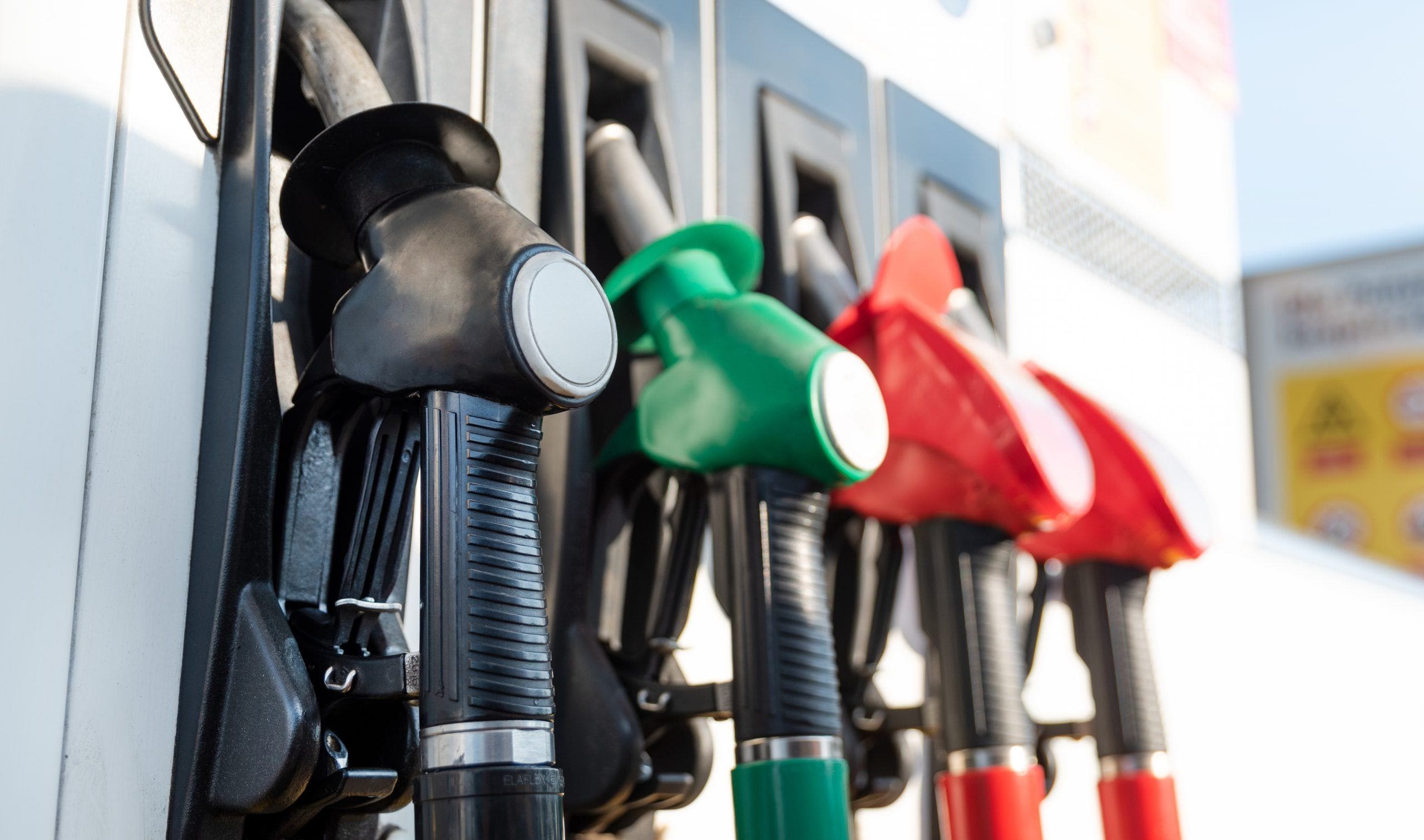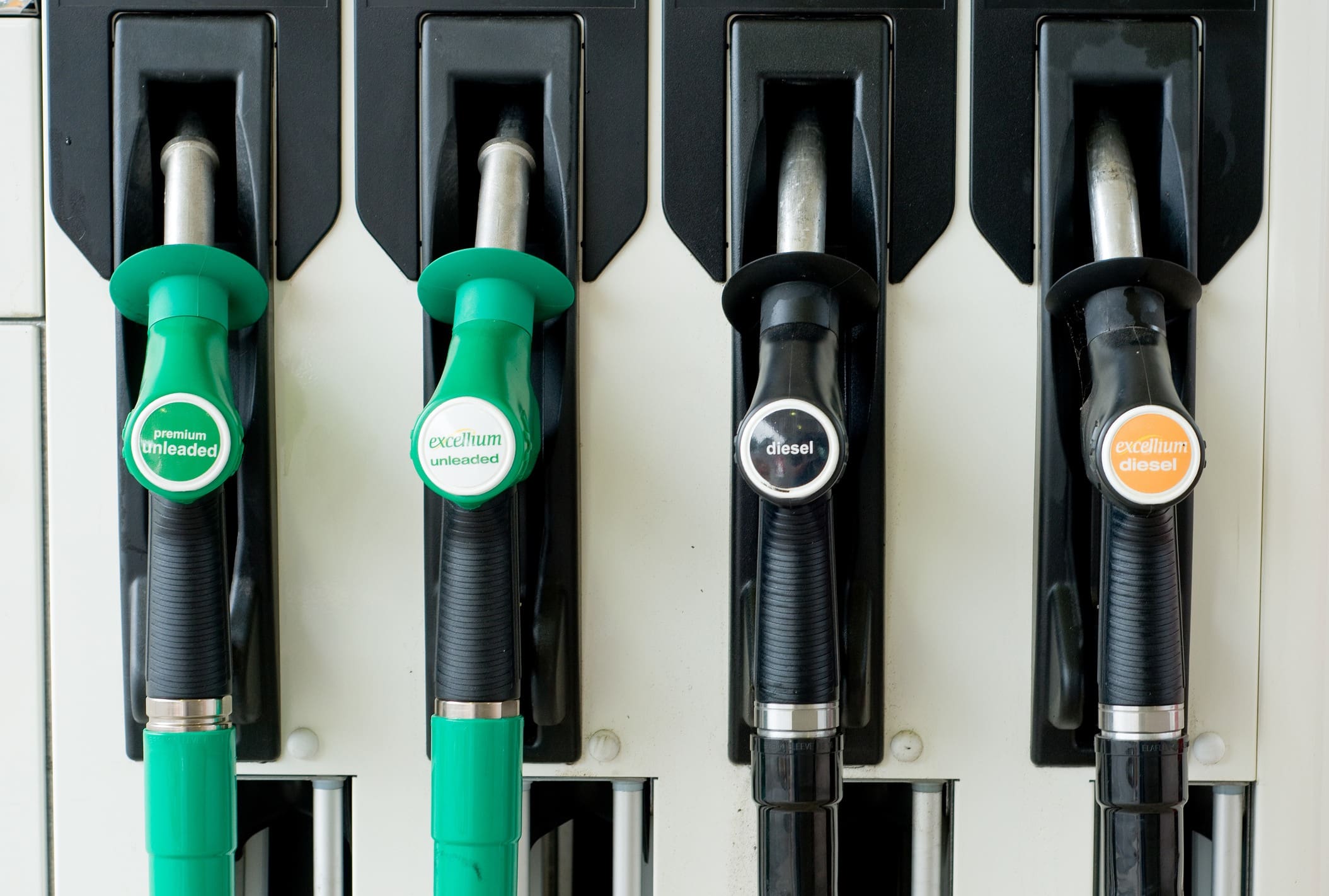The cost of filling your petrol car has increased by 17% in the past year, as fuel prices reach new record highs.
The national average price of fuel currently stands at 177.3 cents per litre for petrol and 167.6 cents per litre for diesel.
This is an increase of 33% for petrol and an increase of 34% for diesel in the past year, and are now the highest prices AA Ireland has seen since we started recording figures in 1991.
In February 2021, fuel prices were 133.8 cents per litre for petrol, with diesel at 124.9 cents per litre. In February 2020, petrol stood at 141.9c, with diesel at 133.4c.
A recent AA Ireland Twitter poll (501 votes in 24 hours) found that 84% of people have been ‘significantly impacted’ by the high cost of fuel in Ireland.
Cost of filling your vehicle
**Figures are based on the average mileage of 17,000km per year (CPCC figures), a 50 litre fuel tank and a travel range of 700km per tank**.
In 2020, filling your petrol car cost €64, when the average price per litre stood at €1.28. This cost you €1,554 to fill your car across the year.
In 2021, the cost of filling your petrol car amounted to €75.50, when the average petrol price was €1.51. This amounted to €1,833 for the year, a €279 increase on 2020 (+18%).
So far in 2022, the average price of petrol stands at €1.77 per litre, so it will cost you €88.50 to fill your vehicle. This would cost you €2,149 for the year and is a €595 increase on 2020 figures (+38%) and a €315 increase on 2021 figures (+17%).
60% of the price paid at the pump is tax
The current prices before tax is added stand at 79.375 cents per litre for petrol and 82.358 cents per litre for diesel.
These taxes include:
Excise, which is a duty that is added to the sale of mineral oils, cigarettes and alcohol. It is a fixed amount which is charged per litre and hence does not change as the price fluctuates. Carbon Tax is effectively the same although it is calculated per ton of CO2 generated. This increased in Budget 2022.
National Oil Reserves Agency (NORA) is a tax that is added to all oil fuels to ensure that Ireland meets its EU obligations of keeping a 90 day stock of oil in the event of a shortage.
VAT (23%) is a general tax placed on almost all goods and services sold. The simple principle behind VAT is consumers pay a tax on the products they buy based on the value of the product.
In a Twitter poll, we asked about the taxation system (771 votes in 24 hours). 86% of those polled said tax should be reduced at the pumps, while 14% said it should not.
Alternative transport
It is important to note that the Irish Exchequer relies on the purchase and usage of vehicles with an internal combustion (ICE) for revenue from tax streams.
These include Motor Tax, VRT, fuel excises, Value Added Tax (VAT) and the Carbon Tax. Collectively, these taxes raise around €5 billion for the Irish Exchequer each year.
But, as a result of high fuel prices, are people considering switching their mode of transport away from petrol and diesel vehicles?
The AA poll asked this very question (384 votes in 24 hours). Of those that voted yes, 17% voted for an electric vehicle, 7% voted for public transport and 22% voted for walking or cycling. 54% voted for none of the above.
We do know that electric vehicle sales reached their highest month on record last month.
According to CSO figures, in January 2022, 21% of all new cars licensed for the first time were electric or plug-in hybrid electric vehicles (PHEV).
The share of new electric cars licensed increased from 4% in January 2021 to 11.5% in January 2022.
In January 2022, almost 20% of new private cars licensed were diesel, compared with 34% in the same period in 2021.
Despite these sales, if vehicles with an internal combustion (ICE) are replaced with EVs, how will this tax revenue be raised?
And unless public transport infrastructure is improved in rural areas, people won’t be as quick to leave their traditional cars.


